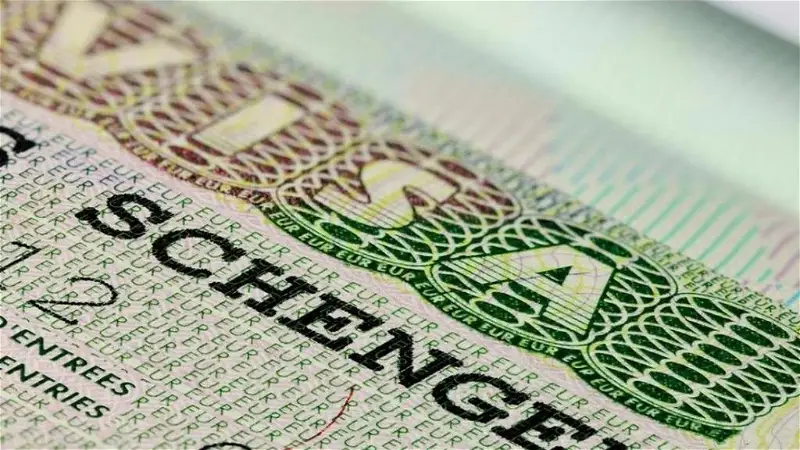Two neighbouring eastern European countries, Bulgaria and Romania have planned to commence the issuance of short-term Schengen visas for foreign nationals requiring entry into the Schengen Area from April 1, 2024.
According to a report from the Economic Times, both countries are anticipated to begin issuing Schengen C visas, permitting entry and stays of up to 90 days within 180 days.
Having joined the European Union in 2007, these two countries pursued Schengen Area membership for over a decade.
This development is closely linked to the EU Council’s recent decision to grant Bulgaria and Romania partial access to the Schengen Area.
The action was designed to eliminate border controls at air and sea borders, officially welcoming these countries into the Schengen Zone.
Although the decision to lift land border controls is still pending, it is billed to benefit individuals and businesses by granting them the freedom of movement via air and sea.
Further discussions on lifting land border controls are scheduled for later in the year, enabling people and businesses to exercise their rights to free movement by air and sea when entering or leaving Bulgaria and Romania.
Background
The EU Commission initially affirmed Bulgaria and Romania’s eligibility to join the Schengen Area in 2011.
Over the years, both nations have consistently demonstrated compliance with the necessary conditions, and experts reconfirmed their readiness in 2022 and 2023.
According to the Commission, Bulgaria and Romania have now implemented security, policy, and judicial cooperation measures to ensure safety and security.
This marks the ninth expansion of the Schengen Area, with the promise of bolstering travel, trade, and tourism while concurrently strengthening the internal market.
The Schengen Area guarantees free movement for nearly 450 million EU citizens and foreign nationals within or visiting the EU.
EU citizens can travel, work, and reside in any member state without special formalities or unnecessary requirements.
This expansion, which eliminates border checks within the Schengen Area, is anticipated to enhance freedom and convenience for everyone involved.


























